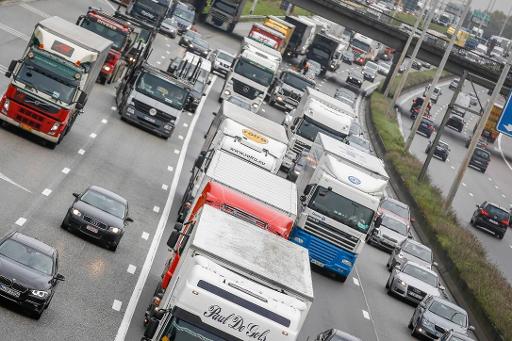Germany’s federal government has reached agreement with the country’s regional administrations to increase the price of carbon emissions, a flagship measure of its climate policy, the Ministry of Environment announced on Monday.
Initially scheduled to be 10 euros per tonne, the CO2 emission price will now be fixed at 25 euros per tonne from 1 January 2021 under the agreement reached by the Government and Germany’s Länder (states) on Sunday night.
This system, aimed at completing the European carbon market - a key aspect of the draft climate law presented by the German Chancellery in September - should increase fuel prices by 7 to 8 cents per litre. The prices of these emissions would then rise to 30 euros per litre in 2022 and 55 euros in 2025, the date by which national emission licenses should become part of a broader European system under which CO2 emission prices would be set at between 55 and 65 euros per litre.
The measure arises from the current limits of the European carbon market, which covers only about half of CO2 emissions: the only sectors it covers are heavy industry and energy, bypassing construction and transport.
Income generated through the higher prices is to be used to finance reductions to a tax in support of renewable energy levied on German taxpayers.
Other measures in the climate plan, due to be approved by Parliament on Friday, include reduced train ticket prices and assistance for energy renovation in real estate.
Presented by German Chancellor Angela Merkel in September, the plan had sparked criticism from ecologists and environmental NGOs, who saw it as not ambitious enough.
Germany aims to reduce greenhouse gas emissions by 55%, compared to 1990 levels, in 10 years and to increase the share of renewable fuel in its electricity production to 65%.
The Brussels Times

